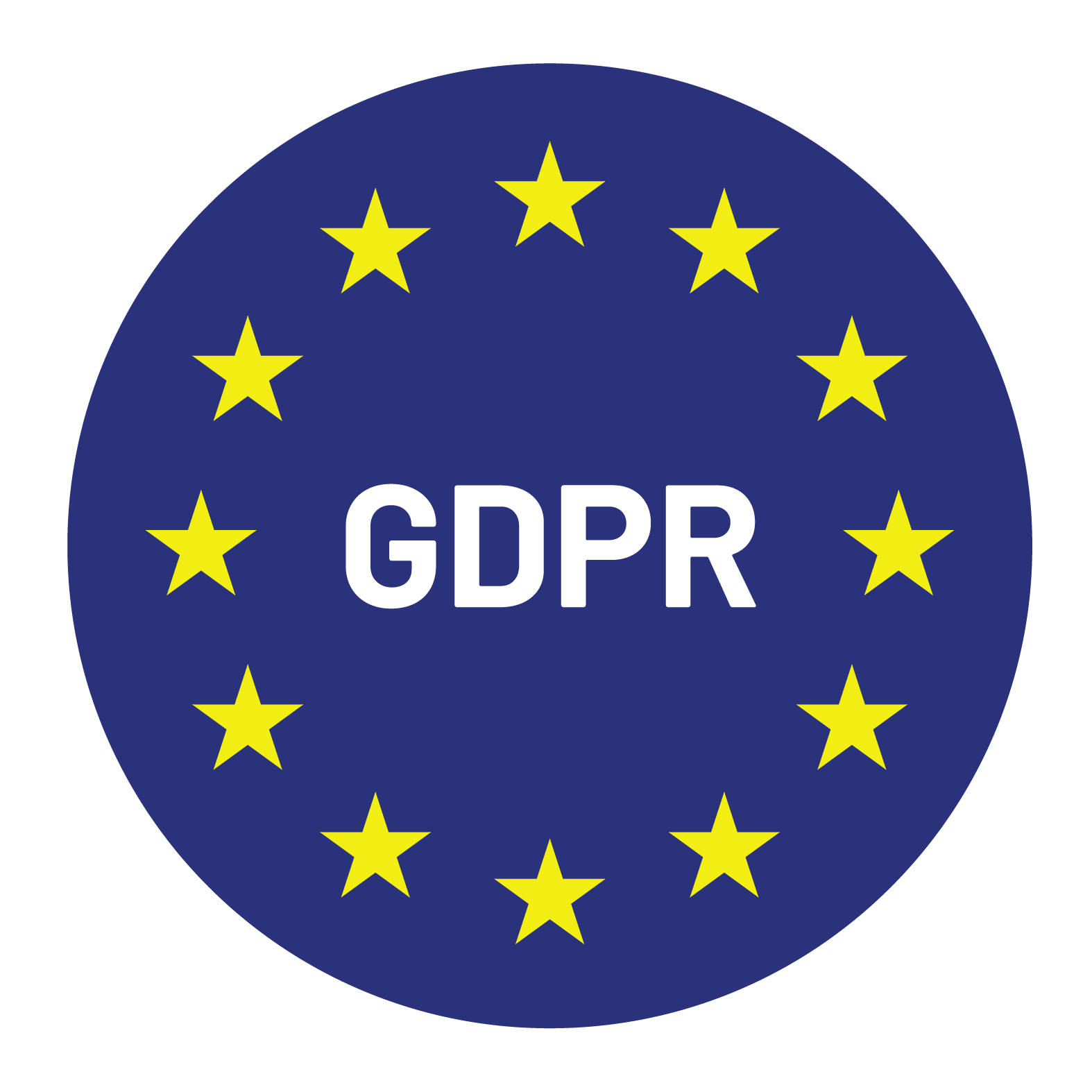

Content Writer for Whistle with multidisciplinary experience spanning over a decade.
A high-performing SDR team is seldom the result of chance. More often, it’s the outcome of strong, consistent leadership. On the surface, SDR work might look like a blur of metrics and cadences. But what separates a mediocre team from a high-performing one is the person leading it.
When management is poor, the impact shows up quickly: burnout, missed targets, high turnover, and pipeline gaps. Good management has the opposite effect. It drives consistent performance, keeps early-career reps engaged, and builds a reliable pipeline for sales to convert. It’s not just about this quarter’s number. It’s about creating a performance culture that lasts.
The problem is, most new managers aren’t trained to lead SDR teams. The role demands a specific set of skills, ones that aren’t covered in general leadership courses and are often misunderstood altogether. This is where focused SDR management training makes a difference. It develops not just competent managers, but future sales leaders.
The best training avoids the fluff. It gives managers the tools to spot problems early, coach reps effectively, and build structure without becoming bureaucratic. It helps them lead with clarity, manage performance with confidence, and grow a team that delivers.
SDR managers rarely succeed by instinct. The role demands practical training that reflects how the work really gets done.
Managing an SDR team is not the same as managing account executives, marketers, or customer success reps. The tempo is faster, the roles are more repetitive, and the individuals tend to be early in their careers. That combination creates a very specific management challenge.
First, SDR managers need to oversee high volumes of activity. A single rep might make over 50 calls a day while juggling email sequences, LinkedIn outreach, and meeting follow-ups. Monitoring all of that without becoming a micromanager requires a clear understanding of where to focus and how to give useful feedback.
Second, the people on these teams are often recent graduates or in their first full-time sales role. Their confidence, motivation, and expectations differ dramatically from those of more senior professionals. A manager who doesn’t understand how to engage and develop these individuals will struggle to get consistent performance.
Third, the outcomes are hard to measure in isolation. SDRs rarely close deals, but they are responsible for initiating the pipeline that drives closed revenue. Managers need to track the right metrics and coach toward behaviors that translate into meetings booked and opportunities created.
Generic leadership programs don’t prepare managers for this. They often skip over the practical skills needed to coach cold outreach, review call scripts, or run a structured one-on-one. That’s why effective SDR management training must be built around the specific demands of the role, not just general leadership theory.
Strong SDR management training does more than outline responsibilities. It builds practical, repeatable skills that help managers improve team performance, retain top talent, and grow future leaders. Here are the competencies every effective program should focus on.
Good SDR managers coach every week, not just when something goes wrong. That starts with knowing how to deliver clear, constructive feedback. The goal is not to critique activity but to shape behavior. That means providing both positive reinforcement when something works and targeted direction when improvement is needed.
Managers should learn how to structure one-on-one sessions that go beyond status updates. The best coaching sessions review recent activity, analyze key calls or emails, and focus on the rep’s development areas. Feedback should be specific, rooted in data, and always tied back to outcomes like meetings booked or conversion rates improved.
This kind of SDR coaching takes time to learn. A strong training program gives managers the tools and practice they need to make their feedback effective from day one.
Goal setting in an SDR team needs to be both ambitious and achievable. Vague directives like “book more meetings” won’t get results. Clear, measurable goals: calls per day, meetings per week, conversion rate from outreach to booked calls help reps know what to aim for and where to improve.
Managers need training on how to set appropriate targets for individuals and teams, as well as how to manage performance consistently. This includes reviewing dashboards, running weekly pipeline meetings, and catching underperformance early enough to intervene.
Without structured performance management, SDRs quickly lose momentum. Good training ensures managers are confident in tracking the right outbound sales KPIs and using them to drive consistent results.
Motivating SDRs is one of the hardest parts of the job. The work is repetitive, and rejection is constant. At the same time, these are often ambitious individuals who want to grow. Managers need to understand what keeps early-career professionals engaged and productive.
That means more than spiffs or leaderboards. Great SDR managers recognize and respond to individual motivators, whether it’s recognition, autonomy, development opportunities, or progress toward promotion. They create an environment where people want to succeed.
Effective training should help managers develop strategies to keep morale high and burnout low. That includes running effective team meetings, recognizing effort as well as outcomes, and making sure people feel like they’re growing.
Managers who don’t understand pipeline dynamics struggle to help their SDRs succeed. Training should include how to manage top-of-funnel lead flow, how to identify quality signals in outreach responses, and how to forecast the impact of SDR activity on later sales stages.
That means teaching managers how to review CRM data properly, understand conversion rates from outreach to booked meetings to qualified opportunities, and identify where leads are getting stuck. It also means helping managers build a pipeline that is healthy, not just full.
Done well, this kind of training supports both the SDR team and the broader sales function. It gives leaders visibility into how early pipeline activity drives long-term results.
A strong SDR team starts with strong hiring. Yet many managers are handed recruiting responsibilities with no training at all. Effective SDR management training should include how to identify high-potential candidates, run structured interviews, and assess sales readiness.
Equally important is onboarding. New SDRs who receive structured training, clear expectations, and early wins tend to perform better and stay longer. Managers should learn how to build and execute onboarding programs that get new hires up to speed fast, without overwhelming them.
This is a skill set that scales. A manager who can hire and onboard well is better positioned to grow a team and maintain performance.
Every team encounters friction. Whether it’s personality clashes, performance resentment, or misaligned expectations, SDR managers need to know how to handle it. Training should cover practical conflict resolution techniques, how to facilitate difficult conversations, and how to rebuild trust after issues arise.
Beyond resolving disputes, managers should also learn how to foster positive team dynamics. That includes encouraging collaboration, building psychological safety, and ensuring everyone has a voice. When team culture is strong, performance usually follows.
Today’s SDR managers have more data than ever. But without training, that data is often underused or misinterpreted. Managers need to know which metrics matter and how to turn data into action.
Training should include how to build dashboards, interpret trends, and create reports that show team performance in context. That includes weekly summaries, individual scorecards, and forecasts tied to SDR activity. The goal is not to become a data analyst, but to make better decisions based on the right information.
Data fluency is what separates reactive managers from proactive leaders. The right training builds this skill with confidence.
Strong SDR managers do more than manage. They multiply impact across the team. When managers are trained well, performance improves, lead quality goes up, and turnover goes down. Reps get better coaching, clearer expectations, and more meaningful feedback.
This kind of consistency doesn’t just help the current team. It also builds a leadership bench for the future. Many of the best sales leaders start their careers managing SDRs. When that experience is supported with the right training, it creates the foundation for long-term success.
In short, training SDR managers is not a nice-to-have. It’s an investment that pays off in productivity, pipeline, and leadership development.
Strong SDR managers don’t just keep a team on track. They set the standard for performance, shape culture, and influence outcomes well beyond the top of the funnel. But they need the right training to get there.
At Whistle, we focus on giving managers the tools to do the job well. Not theory, not frameworks, only the skills that translate directly to better performance. That means hands-on coaching, real-world scenarios, and expert guidance designed for the day-to-day demands of leading an SDR team.
We work on what matters: coaching that sticks, reporting that surfaces patterns early, and leadership habits that earn trust. It’s practical, focused, and designed to build managers who can lead with consistency.
Investing in SDR management training isn’t just about solving for today’s output. It’s how you build a bench of capable sales leaders who will carry your revenue strategy forward. Good management compounds. And so does the lack of it.
If you’re building a serious outbound function, training your managers should be the starting point. That’s where Whistle comes in. We know what it takes to run high-performing SDR teams, and we help others do it with clarity and confidence.


© Copyright – Whistle 2023